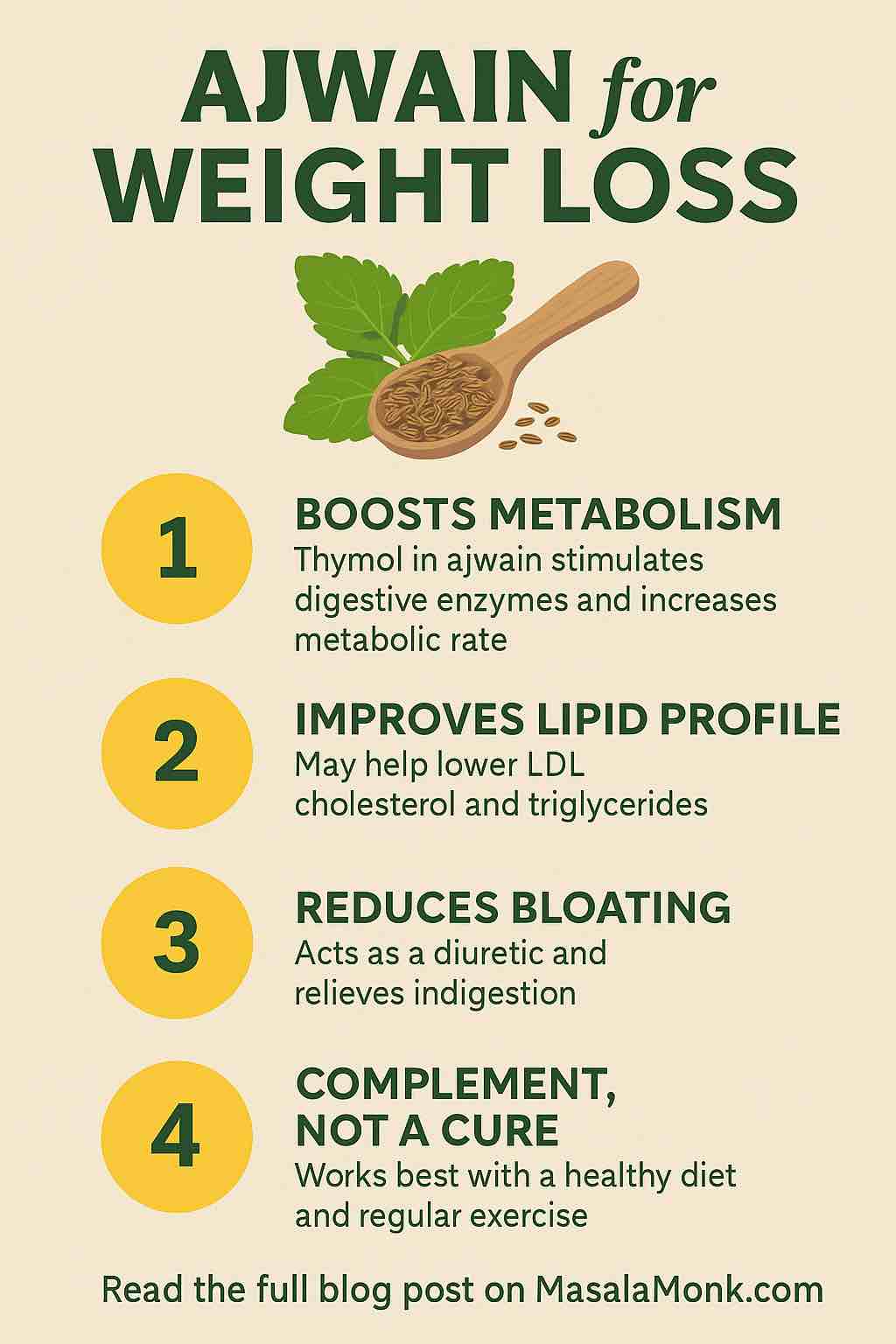
When life gives you lemons—or limes—don’t just make lemonade. Give your hydration routine a citrus twist! Lemon and lime water is more than a refreshing trend. It’s a simple, accessible, and effective way to elevate your daily wellness, backed by real science.
Introduction: More Than Just a Fancy Drink
You’ve seen lemon and lime water served in hotels, spas, and Instagram reels. But beyond its vibrant look and crisp flavor, what does this citrus-infused beverage actually do for your body? Can a slice of lemon or lime in your water really make a difference?
Let’s explore the proven and practical benefits of lemon and lime water, and show you how to make it a smart, enjoyable part of your daily routine.
1. Hydration—But Tastier, and Better
Fact: Most people don’t drink enough water.
Problem: Plain water is, well, plain!
Solution: Lemon or lime water makes hydration more enjoyable.
How It Helps:
- Flavor = Motivation: Research confirms that adding fruit flavor increases voluntary water intake, especially in those who find water “boring” (CDC, 2023).
- Zero Calories: Unlike juices and sodas, citrus water hydrates without added sugars or calories.
Practical Tip:
Keep a pitcher of water with fresh lemon and lime slices in your fridge. You’ll reach for it more often, especially during hot days or after workouts.
2. Vitamin C Power: Immunity and Skin Glow
Both lemons and limes are high in vitamin C, an essential nutrient and antioxidant.
Proven Benefits:
- Immune Support: Vitamin C boosts the immune system, helping the body resist infections and recover faster (NIH).
- Skin Health: Vitamin C helps produce collagen, the protein that keeps skin firm and youthful. It also protects against sun and pollution damage.
- Antioxidant Effects: Fights free radicals, reducing oxidative stress and chronic inflammation (PMC6403313).
Practical Tip:
Start your morning with a glass of warm lemon water to kickstart your vitamin C intake and support your skin from within.
3. Digestive Benefits: Gentle Morning Reset
Lemon and lime water is a beloved morning ritual—and for good reason.
How It Works:
- Stimulates Digestion: The natural acids and aroma prompt your body to produce more saliva and gastric juices, priming your digestive system for the day (Healthline).
- Eases Bloating: Warm lemon or lime water can help relax the gut, reduce bloating, and support regularity.
- Mild Detox: While the liver and kidneys detoxify your body on their own, hydration with citrus can support healthy elimination.
Practical Tip:
Drink a glass of lemon or lime water 10–20 minutes before breakfast. It gently “wakes up” your digestive system.
4. Supports Weight Management
Can lemon or lime water help you lose weight? Directly, the effect is mild—but indirectly, it’s useful.
Evidence:
- Reduces Appetite: Some people find that drinking a glass of citrus water before meals helps control hunger.
- Replaces Sugary Drinks: Substituting soda or juice with lemon/lime water drastically cuts calories and sugar intake (Meta-analysis, PubMed).
- Possible Fat Reduction: Animal studies suggest citrus polyphenols may reduce fat accumulation, but human evidence is emerging.
Practical Tip:
Whenever you crave a sweet drink, try citrus water first. Add a few mint leaves or cucumber slices for variety.
5. Kidney Stone Prevention: The Citrate Connection
Citrus fruits are a natural source of citrate, a compound that helps prevent certain types of kidney stones.
The Science:
- How it Works: Citrate binds to calcium, reducing the risk of crystal formation in the urinary tract (Cleveland Clinic).
- Clinical Evidence: In people prone to calcium-oxalate stones, drinking lemon water increased urinary citrate and decreased recurrence rates (PMC8683665).
Practical Tip:
If you have a history of kidney stones, consult your doctor about adding lemon or lime water to your routine.
6. Boosts Iron Absorption
Vitamin C and citric acid in lemons and limes enhance the absorption of non-heme (plant-based) iron.
Why It Matters:
- Prevents Anemia: If you eat a plant-based or iron-rich meal, pairing it with lemon/lime water increases the amount of iron your body can use (Healthline).
Practical Tip:
Squeeze lemon or lime over your salads, beans, or spinach dishes—not just in water!
7. May Support Heart Health and Lower Blood Pressure
- Potassium & Magnesium: Both are present in lemons and limes and support healthy blood pressure.
- Flavonoids: May help reduce inflammation and improve vascular function (MDPI).
Caveat:
Human data are promising but not yet conclusive for direct BP lowering. Still, citrus fruits are a heart-healthy choice!
8. Freshens Breath Naturally
The acids in citrus help kill some mouth bacteria and neutralize odors.
But be careful—too much exposure can weaken enamel.
Practical Tip:
After drinking lemon or lime water, rinse your mouth with plain water or use a straw.
9. Skin, Aging, and Antioxidant Benefits
- Fights Oxidative Stress: Polyphenols, flavonoids, and vitamin C help defend against aging and environmental damage.
- May Reduce Wrinkles: Some studies suggest that diets high in vitamin C are linked to fewer wrinkles and less dry skin.
10. Other Benefits and Considerations
Extra Perks:
- Mood Boost: The scent of citrus can lift your mood and increase alertness (aromatherapy studies).
- Low-Cost, Zero Waste: Use citrus slices, leftover peels, or juice—no fancy equipment required.
Watch Out For:
- Tooth Health: Use a straw and don’t sip all day long to protect enamel.
- Acid Reflux: If you have GERD, citrus may worsen symptoms.
- Not a Magic Bullet: Lemon/lime water is healthy, but not a substitute for medical treatment or a balanced diet.
How to Make the Perfect Lemon and Lime Water
Simple Recipe:
- Slice half a lemon and half a lime.
- Add to a large glass or pitcher of filtered water.
- For more flavor, add mint, cucumber, ginger, or a touch of honey.
- Chill, or drink warm (especially in the morning).
Pro Tips:
- Use organic citrus and wash well to avoid pesticides.
- Try freezing slices and adding to water for a cooling effect.
- Avoid adding sugar to keep the health benefits intact.
FAQ
1. How much cayenne pepper should I take daily for weight loss?
Start with 1/8 to 1/4 teaspoon per meal and gradually increase to 1/2 teaspoon if tolerated. Most studies show benefits from 2–6 mg of capsaicin per meal, which translates to around 1/2 teaspoon of cayenne powder daily.
2. Can cayenne pepper burn belly fat specifically?
While cayenne may aid in reducing overall body fat through increased metabolism and fat oxidation, it doesn’t target belly fat directly. However, some studies observed small decreases in waist circumference.
3. What time of day is best to take cayenne pepper?
There’s no strict timing, but using cayenne before or during meals can enhance satiety and thermogenesis. Many people add it to their morning drink or main meals for consistent intake.
4. Can I take cayenne pepper on an empty stomach?
It’s best to avoid it on an empty stomach if you’re prone to heartburn or digestive issues. Try adding it to meals to reduce irritation.
5. Are cayenne pepper supplements effective?
Yes. Capsaicin or capsinoid supplements can deliver benefits without the heat. Look for standardized extracts offering at least 6 mg capsaicin per dose. They’re especially useful if you dislike spicy foods.
6. How long does it take to see results with cayenne pepper?
Expect subtle changes over 4–12 weeks. Benefits like reduced appetite may be noticeable sooner, but weight and fat loss accumulate gradually with consistent use and a calorie-controlled diet.
7. Will I build a tolerance to cayenne’s effects?
Yes, thermogenic responses may decrease over time. Cycling off for a few days a week or using varied intake methods (e.g. food + supplements) may help retain sensitivity.
8. Can cayenne pepper interact with medications?
Yes. It can affect blood pressure meds, anticoagulants (e.g., warfarin), diabetes meds, and others. Consult your doctor before regular use if you’re on medication.
9. Is it safe to take cayenne pepper daily?
Generally safe in culinary amounts. For supplements or high doses, consult your healthcare provider, especially if you have GI issues, are pregnant, or nursing.
10. What are the side effects of taking too much cayenne?
Common side effects include stomach irritation, acid reflux, sweating, and, in rare cases, allergic reactions. Start with low doses and observe how your body reacts.
Final Thoughts
Lemon and lime water isn’t just a fad—it’s a delicious, easy way to upgrade your hydration and support your health, from your skin to your heart. The best part? It’s affordable, simple, and endlessly customizable. Next time you fill your water glass, drop in a slice of lemon or lime—and toast to your health!
References:













